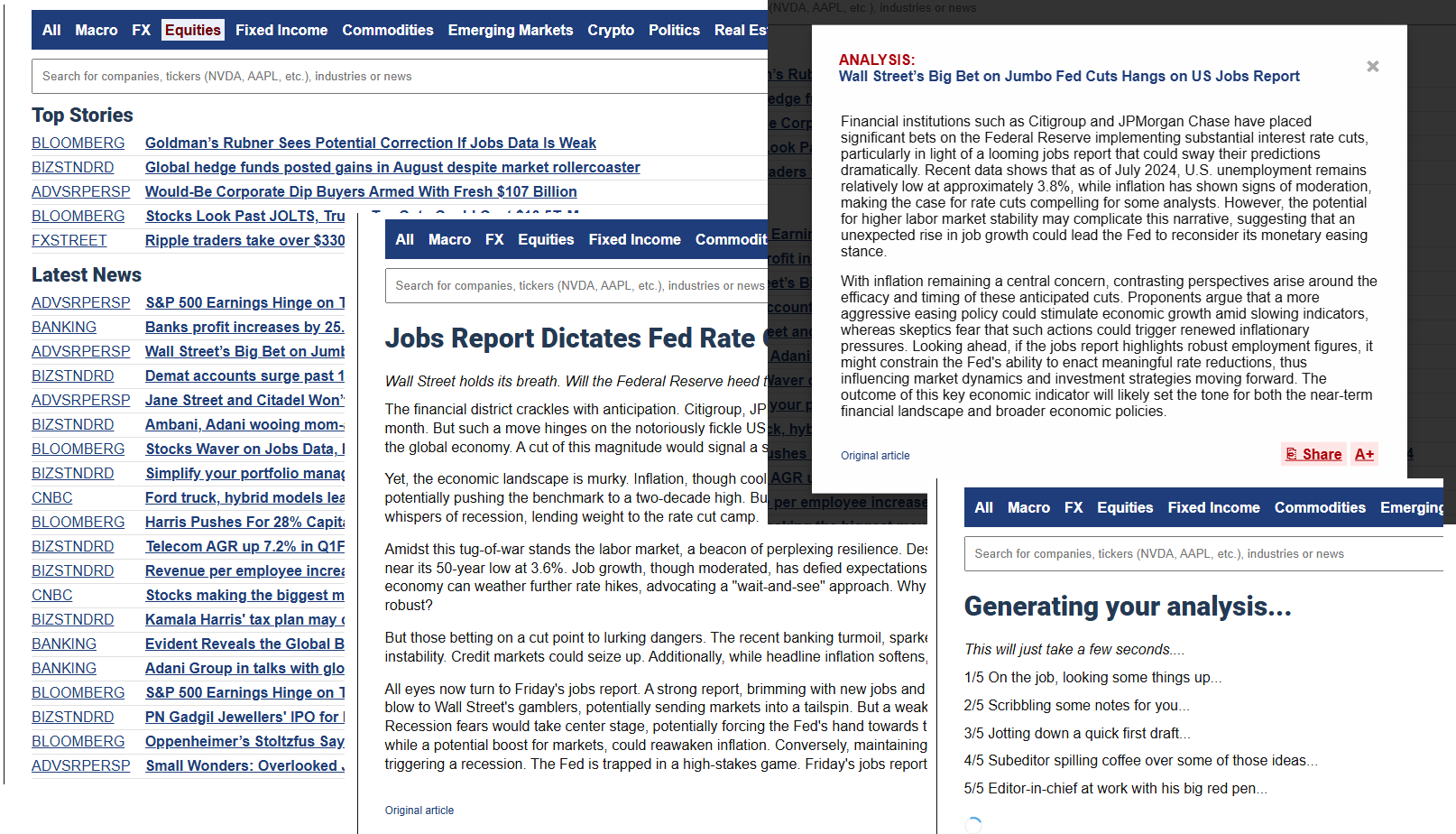Walmart Canada Depot Unionizes Sparking Industry Shift
Walmart's workforce in Mississauga, Ontario has voted to unionize, a landmark decision in the company's Canadian operations. The move, backed by 800 workers joining Unifor, Canada’s largest private sector union, challenges Walmart’s historically staunch anti-union stance. This decision suggests potential disruptions in how Walmart negotiates wages, benefits, and working conditions, possibly triggering similar unionization efforts across its other locations. Walmart has often clashed with labor rights groups on this front, making this shift a significant departure from its norm. The Mississauga workers' decision may force Walmart to adopt more worker-friendly policies to preempt further unionization drives. If other regions perceive benefits in collective bargaining, a broader unionization trend could ensue, reshaping labor dynamics within the company and the retail sector at large. This development comes amid Walmart’s ongoing global challenges and strategic shifts. Notably, the Walmart Foundation recently invested $2.78 million to boost technological advancements in India’s agriculture sector, aiming to support local farmers. This indicates Walmart’s strategic focus on ensuring a sustainable supply chain in key emerging markets. Meanwhile, regulatory pressures are rising, exemplified by the 2020 investigation by the Competition Commission of India (CCI) into Amazon and Walmart's Flipkart for alleged antitrust violations. Such scrutiny could impact Walmart’s strategic partnerships and operations in different markets. Moreover, Walmart’s $3.6 billion exit from its partnership with China's JD.com marks a significant pivot in its strategy. The move reflects the challenging dynamics in China's e-commerce landscape while highlighting Walmart's robust performance in its direct operations within China despite increasing hostility towards foreign brands. On another front, Walmart's expansion into the collectible sneaker market signifies its effort to tap into profitable niches and stay competitive against rivals like Amazon. Additionally, Walmart’s partnership with Burger King, offering discounts to Walmart+ members, underscores a tactical approach to enhance its membership program's appeal. These diverse moves project Walmart's complex and evolving global strategy. Balancing labor relations, regulatory challenges, and market expansion efforts will be crucial for sustaining growth. However, the potential for increased operational costs if unionization trends spread could counterbalance these strategic investments. Walmart's innovation and market diversification must effectively address these labor dynamics to maintain its competitive edge. The juxtaposition of Walmart's aggressive market strategies with the need to handle labor relations adeptly paints a picture of a company at a crossroads. As Walmart navigates regulatory landscapes and workforce expectations, its ability to reconcile these elements will determine its future trajectory. The developments in Canada, India, and China highlight the importance of Walmart’s adaptive strategies. Whether it can sustain its market dominance or expose vulnerabilities to competitors remains to be seen, making Walmart's ongoing balancing act between growth, innovation, and labor relations a crucial watch in the coming years.
AI-Powered trading insights: join our email list
Real-Time Market Analysis
Get instant insights on market trends, news impact, and trading opportunities.

